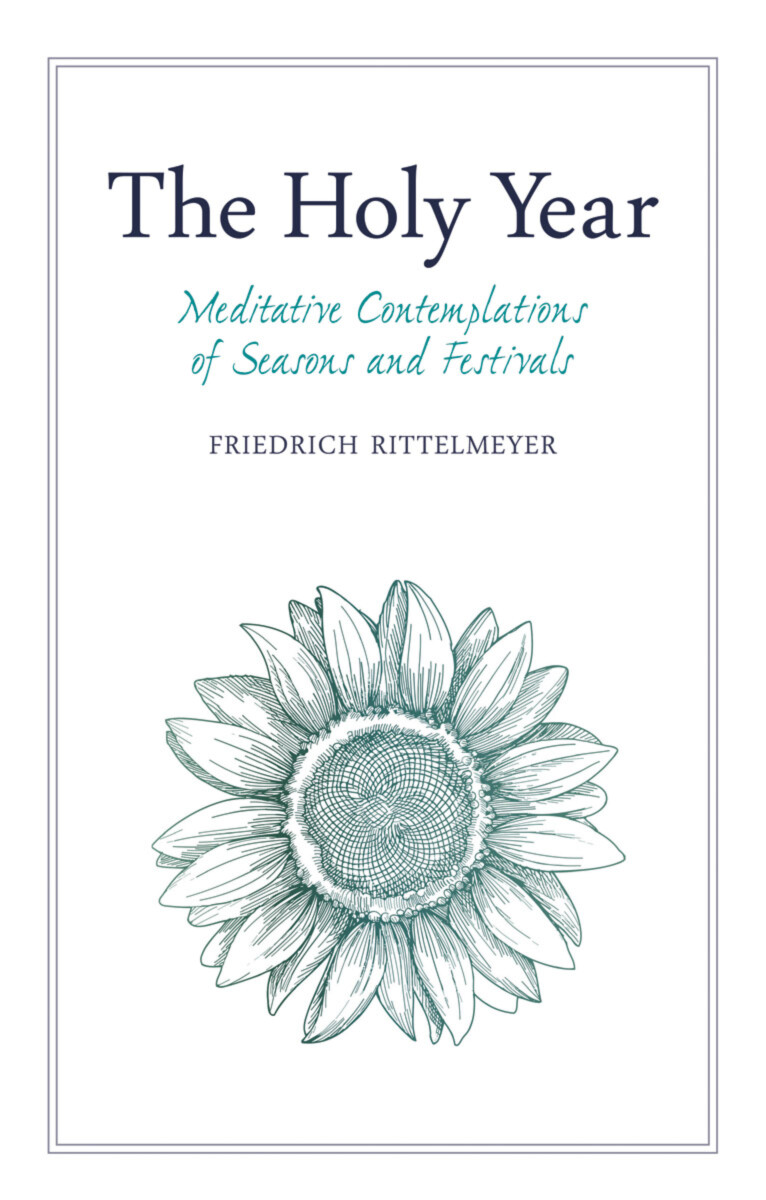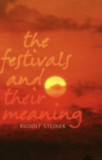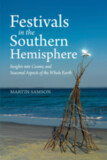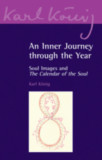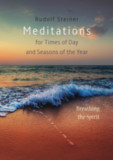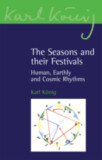The Holy Year
Meditative Contemplations of Seasons and Festivals
Foreword by Alfred Heidenreich
Translated by Alan Stott and Margaret L. Mitchell
Edited by Neil Franklin
- Publisher
Floris Books - Published
16th April 2019 - ISBN 9781782505525
- Language English
- Pages 144 pp.
- Size 5.43" x 8.5"
In our hurried, everyday lives, time of day and even seasons can blur together, leaving us distanced from the natural world and spiritual rhythms.
This book is a visionary and practical exploration of thoughts and meditations which can help us engage with the changing moods of the year. Rittelmeyer's descriptive sketches of the Christian festivals and subjects from the New Testament are offered as helpful spiritual signposts along the path of the year.
These meditations can be used as devotions to help us deepen our own insight, as well as to stimulate creative and meaningful religious celebrations.
C O N T E N T S:
Foreword by Alan Stott
Preface
Advent
Christmas
Epiphany
Passiontide
Easter
Ascension
Pentecost
St. John’s Tide
High Summer
Late Summer
Michaelmas
Appendix: The Experience of Christ through Rudolf Steiner
Notes
Bibliography
Friedrich Rittelmeyer
Friedrich Rittelmeyer (1872–1938) was a Lutheran German minister, theologian, and the principal founder and first leader of The Christian Community. He came to prominence in the early 20th century as a leading academic liberal theologian and priest in Germany and wrote several books that advocated for a socially engaged "Christianity of deeds" (Tatchristentum). During World War I, he became one of the most high-profile clergy in Germany to publicly oppose the war. From the 1910s, his thinking was gradually influenced by Rudolf Steiner, and in 1922 a group of mainly Lutheran priests and theology students led by Rittelmeyer founded The Christian Community as an ecumenically oriented Christian community inspired by Steiner's writings. The Christian Community is primarily a liturgical community with a loose creed that rejects Christian dogmas. Rittelmeyer saw it as a continuation of the liberal Christian tradition of which he was the foremost representative in Germany in the early 20th century.


